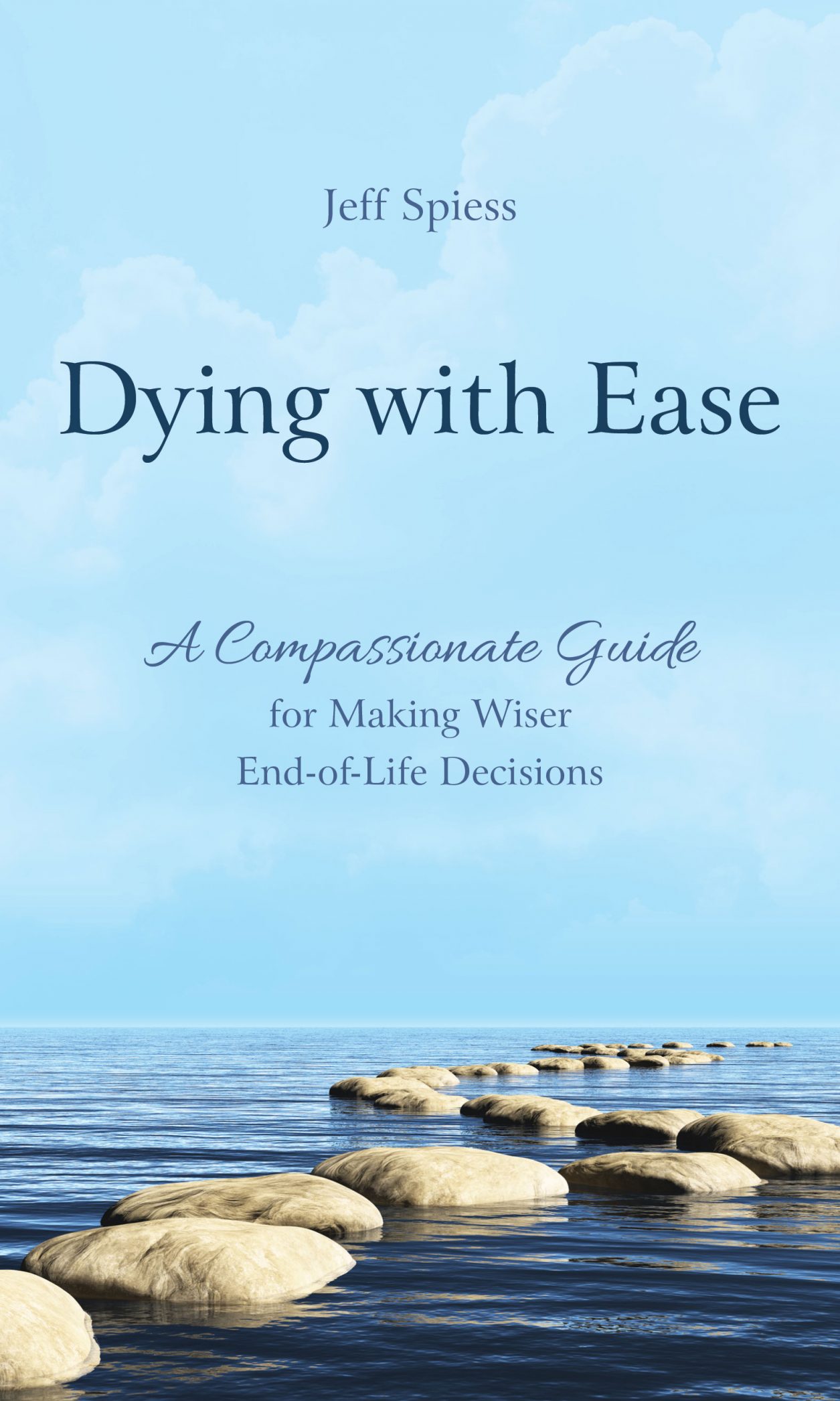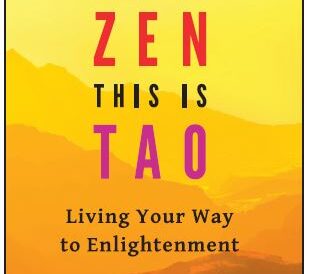Humanity has used spirituality and religion for millennia as guides in contemplating questions of the unknown and in navigating the search for purpose. This becomes imminently real for individuals facing serious illness. An overwhelming majority of patients with advanced cancer say that their religion and spirituality help them cope with their illness. The use of religion as a coping mechanism can provide comfort, control, meaning, and even personal growth during times of peril. This remains true even in the current culture with the rising proportion of Americans who claim to be “spiritual but not religious” or even “none of the above.”
Before we go further, we need to be sure what it is we are talking about. The term “spirituality” refers to the interior life, the search for personal identity and how one is related to others, to the cosmos, to the transcendent, to the divine. “Religion” defines, categorizes, and codifies that search and that life, using sacred texts, stories, teachings, and rituals. Put succinctly, spirituality is about questions and journey; religion is about answers and destination. In their spiritual quest, many people value the structure and guidance provided by religion, seeing these as helpful, even vital, in their spiritual understanding. Others, because of individual philosophy, or perhaps from negative experiences with religious persons or institutions, find the rules and boundaries of religion irrelevant or even oppressive. As each individual’s life is singular, each person’s inner self and search is unique.
When death approaches, these inner questions and struggles acquire greater urgency, but the time available for exploration and contemplation shortens. At this critical juncture, just when inner assurance is most desired, long-suppressed voices of distress may clamor to be heard, long-utilized defense mechanisms may become insufficient for the existential assaults. The uncovering of long-hidden uncertainties can be the initial step toward answers and healing, but it can also produce spiritual torment. Inner spiritual and religious needs of the dying often become major or even primary sources of suffering. The US government recognized this when it established spiritual care as one of the five essential services each hospice must provide.
This interior, spiritual life is the part of us that seeks answers and meaning, that yearns for the “peace” in “peaceful death.” As this inner part of our being is uniquely personal, it is difficult to quantify or measure. Accordingly, most research into the relationships between spirituality and dying have limited their questions to those of religion. Religiosity is easier to measure than a more nebulous term like “spirituality.” These studies have produced valuable information and insight, but we are only beginning to understand this complex and essentially human dynamic.
Reliance on religion as a coping strategy strongly informs decisions made during illness and at the end of life. One fascinating study of healthy people provides insight into how Americans think about these issues. Those interviewed were told to imagine that they had suffered a life-threatening injury and then were asked about how religion would influence the choices they made. Most said that their religious beliefs would guide their medical decisions. Significantly, over half held that God could heal them even if the doctors said that further medical efforts would be futile. These data show that personal faith provides comfort and assurance for people who are seriously ill as well as guidance and even fantastic hope for those facing mortality. But do religion and spirituality actually affect the way people die, and if so, how?
Researchers use the term “positive religious coping” to designate the beneficial use of faith in dealing with illness and death. This can be expressed in many ways; one example would be someone who says they “rely on God’s love and care to get me through times of crisis.” As suggested above, positive religious coping is a commonly employed and successful method of inner defense against impending danger and is usually viewed as a healthy form of psychological adaptation.
I began hospice work with a preconception that the patients who were more religious would have more peaceful deaths, would “know where they were going,” and would be more likely to accept their mortality, less likely to scratch and claw for every extra hour of life. But that is not the case. Sure, stereotypic elderly persons, reading their Bible, comfortably accepting and even welcoming death do exist, exemplifying what many of us would hope our dying would be like, but I don’t encounter them very often. In my clinical experience, there is little correlation between religiosity and peaceful death. This contradiction between my expectations and observations has been witnessed and studied by many others, who have shown, for example, that those whose religious faith is deeply held are less likely to execute advance directives or make decisions to limit care and are more likely to receive aggressive medical interventions near death, just the opposite of my preconceptions.
The patterns and magnitude of the relationships between positive religious coping and choices at the end of life was the subject of a recent large study. Patients with advanced and worsening cancer, as well as their spouse or other caregiver, were interviewed about how they coped with their illness and impending end of life. The investigators then followed these patients and their caregivers for the remainder of their lives, which ended, on average, about four months from the first interview. After the death, review of the medical records and repeat interviews with the surviving caregivers revealed what decisions had been made, what care had been provided, and what the dying experience had been like.
The patients who reported a high level of positive religious coping were more likely to acknowledge that their disease was, indeed, terminal and that their spiritual needs were being supported. But this realistic recognition of prognosis and sense of sustainment seemed at a disconnect when compared with care decisions made by and for these patients. Those with the highest levels of positive religious coping received intensive care aimed at prolonging life, including being placed on a mechanical ventilator, three times as often as those with a lower reliance on religion. In the United States, highly religious people, knowing they are dying, choose and receive aggressive, often futile medical interventions overwhelmingly more often than those whose personal faith is less vital.
In patients with advanced and terminal disease, like those in this study, the use of aggressive care at the end of life usually does not keep people alive longer, and it is hugely expensive. In addition, patients who receive these types of treatment have lower quality of life during their final days. Also, their surviving caregivers have a higher risk of complications and suffering in their bereavement. Because of these things, many health care experts and medical ethicists use words like “futile,” “unhealthy,” or even “dangerous” when describing this type of care for people at the end of life. For people to knowingly choose this approach, they must perceive positive benefits or perhaps hold alternative values or points of view that act as a counterweight to these strong negative effects.
Excerpted from the book Dying with Ease: A Compassionate Guide for Making Wiser End-of-Life Decisions by Jeff Spiess. Used by permission of the publisher Rowman & Littlefield. All rights reserved.
 Dr. Jeff Spiess has spent his medical career with people facing serious illness and death, first as an oncologist, then as a hospice physician. He has lectured extensively and has been recognized as a leader in the field of end-of-life care. Dr. Spiess has observed, through extensive clinical experience and innumerable conversations with the dying and those caring for and about them, the burden of unnecessary or avoidable suffering and distress engendered by the American tendency to avoid facing death as an inevitable personal reality. His medical practice and writing are informed by his interest in philosophy and theology, and he finds additional insights in depictions of dying in literature, including sacred texts, music, and popular culture. Providing information and inspiration, Dr. Spiess challenges readers to honestly encounter their own mortality to both die better and live more fully.
Dr. Jeff Spiess has spent his medical career with people facing serious illness and death, first as an oncologist, then as a hospice physician. He has lectured extensively and has been recognized as a leader in the field of end-of-life care. Dr. Spiess has observed, through extensive clinical experience and innumerable conversations with the dying and those caring for and about them, the burden of unnecessary or avoidable suffering and distress engendered by the American tendency to avoid facing death as an inevitable personal reality. His medical practice and writing are informed by his interest in philosophy and theology, and he finds additional insights in depictions of dying in literature, including sacred texts, music, and popular culture. Providing information and inspiration, Dr. Spiess challenges readers to honestly encounter their own mortality to both die better and live more fully.




















